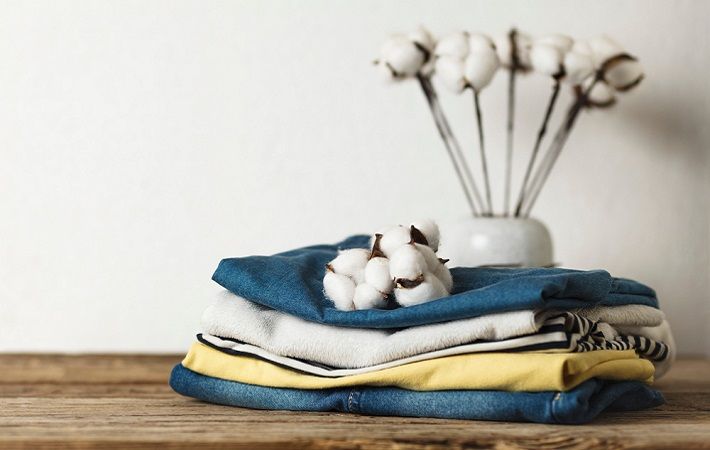Apparel industry under pressure to adopt sustainable practices: Report

Lux Research, a leading provider of tech-enabled research and innovation advisory services, in its report titled Closing the Loop: Understanding the Viability of Textile Recycling, examined the viability of textile recycling through studying the techno-economics of solvent-based recycling technologies and textile waste collection.
Building a clear understanding of advanced recycling technologies and developing an outlook for the future of textile waste is crucial for every stakeholder in the apparel value chain. Material and chemical companies need to understand how textile recycling can create new market threats and opportunities. Consumer-facing brands mapping out future sustainability strategies need to understand how the future development of textile recycling will affect product design, the report said.
It further added that recyclers need to know which technologies will be economical and the outlook for adoption. Government entities also need to decide which technologies to endorse and how the outputs of these technologies fit into regulatory frameworks. Additionally, investors need a clear picture of process economics to gauge possible returns.
Solvent-based textile recycling will struggle to turn a profit, as poor-quality textile waste streams drive down solvent recovery rates, the report found. It will be critical to develop collection and separation infrastructure concurrently with textile recycling to overcome this bottleneck. In the near term, recyclers will rely on pre-consumer textile scraps from textile mills and production facilities as well as hospital and hotel linens; in the longer term, brands will develop textile recovery infrastructure through resale channels with sorting capabilities.
"The textile supply chain and collection infrastructure must be developed side by side with textile recycling and be supported through multiple initiatives, including reuse, takeback programmes, and municipal support," said Tiffany Hua, senior research associate at Lux Research and lead author of the report. "Textile collection and sorting technologies will make or break the economics of apparel recycling."
The report further concluded that consortia will be critical to developing the textile recycling infrastructure as an industry. With consumer pressure only increasing in the apparel industry, collective investment in these advancements will be vital for the years ahead.
Fibre2Fashion News Desk (KD)
































-Ltd..jpg?tr=w-120,h-60,c-at_max,cm-pad_resize,bg-ffffff)





.jpg?tr=w-120,h-60,c-at_max,cm-pad_resize,bg-ffffff)
.jpg?tr=w-120,h-60,c-at_max,cm-pad_resize,bg-ffffff)






